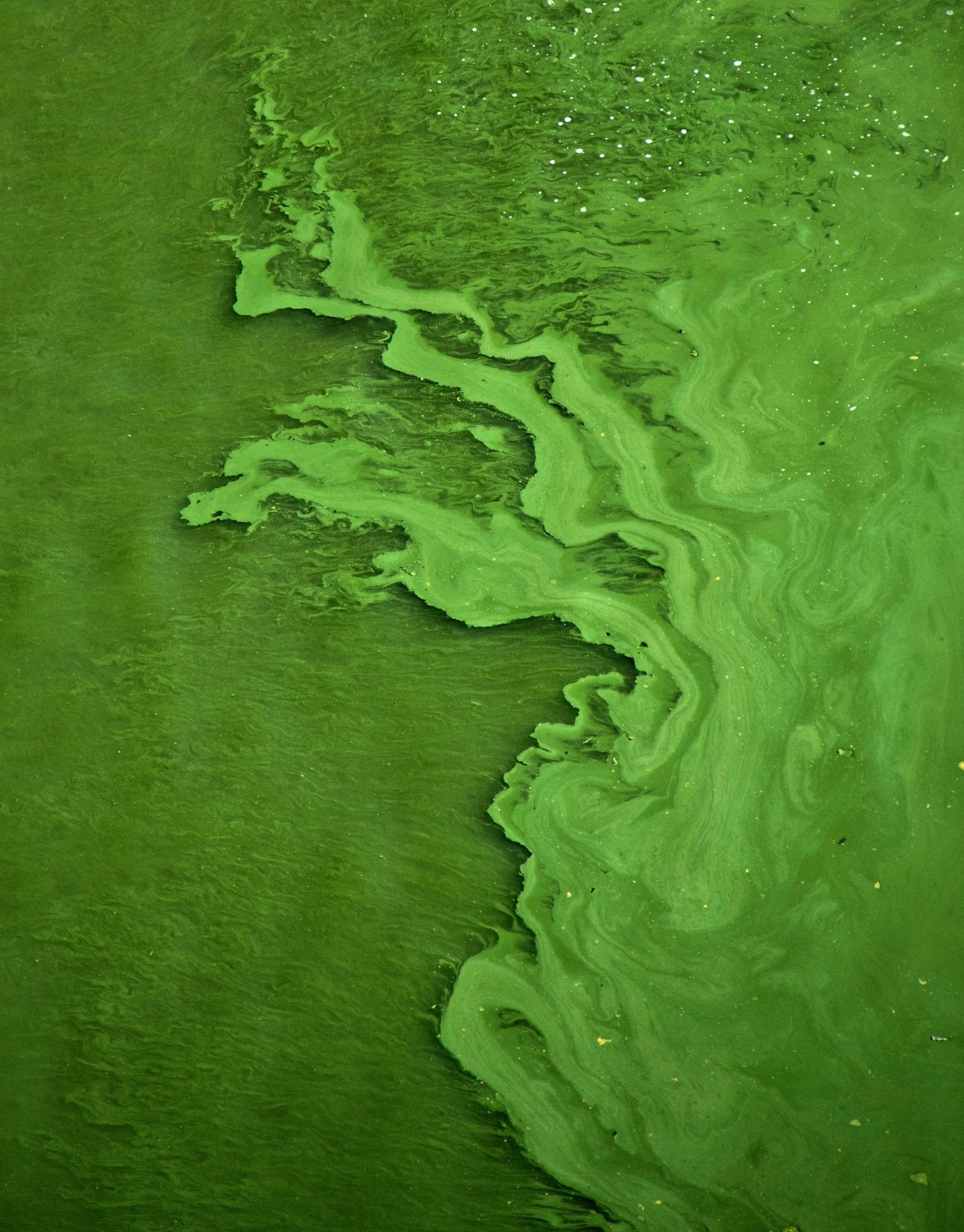Dr. Emma Camp
BIOGRAPHY
Emma Camp is an award-winning and internationally renowned corals expert who is passionate both about the protection of coral reefs, and the involvement of women and girls in science, technology, engineering and mathematics (STEM). An Australian Research Council Discovery Early Career Research Award Recipient (DECRA) and Chancellor’s postdoctoral research fellow, Camp is also the deputy team leader of the Future Reefs Program within the Climate Change Cluster at University of Technology-Sydney. In 2021, she established a coral biogeochemistry group within the Future Reefs team. Her research focuses on the physiology, ecology and biogeochemistry of coral reefs, and she was a co-founder of the Coral Nurture Program, a new approach for caring for the Great Barrier Reef initiated by a partnership between tourism and science. Part of her research involves learning more about highly tolerant or “super corals” in the hope of helping coral reefs that are in danger. Since 2013, Camp has received numerous awards, including the 2021 Macquarie University Eureka Prize for Outstanding Early Career Researcher; being named a Next Generation Leader by Time magazine (2020); a L’Oréal-UNESCO for Women in Science Fellow (2020), a Max Day Award from the Australian Academy of Science (2019), and a Tall Poppy Science Award from the Australian Institute of Policy and Science (2019). In 2018, she was named a Young Leader for the UN’s Sustainable Development Goals, and in 2020 she was a STEM Women’s Game Changer by the Australian Academy of Science. She is also a National Geographic Explorer and wants to engage society with research so that more people can become part of the solutions required to protect the planet. Beyond research, Camp is an avid underwater photographer, and has had her work published in the National Geographic Daily Dozen. She also enjoys communicating her research through different channels, including writing articles for Asian Geographic and Asian Diver. Through her research, Camp works to critically enhance our capacity to effectively manage and safeguard the world’s coral reefs and the cultural and ecosystem services they provide


